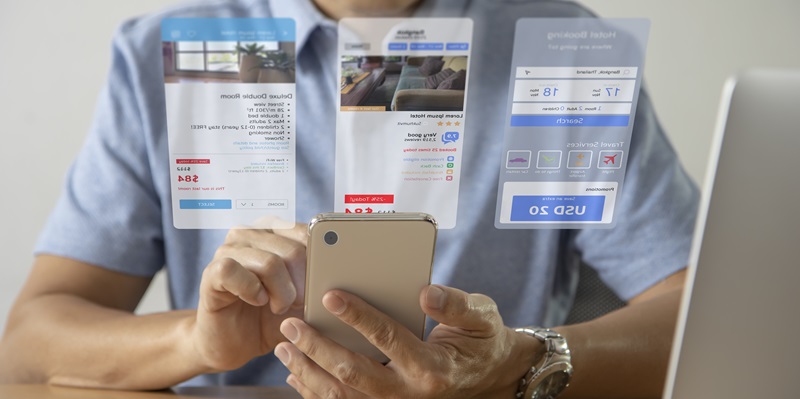Hotels that use the popular online travel site, Booking.com, are being targeted by fraudsters due to not enabling two-factor authentication. This concerning trend has resulted in a rise in compromised accounts and fraudulent activities, leaving both hotels and their customers susceptible to cybercrime.
Malware and Monetization
Fraudsters employ various tactics to target properties, and once successful, they proceed to monetize the stolen information. The illicit trade in stolen data involves the sale of “bots” – batches of information stolen from compromised systems. These bots are conveniently sold through dedicated marketplaces and secretive Telegram channels, providing a lucrative business opportunity for criminals looking to exploit the vulnerabilities of hotels relying on Booking.com.
The Scale of the Issue
The extent of the problem is staggering, with over 185,000 accounts associated with Booking.com being offered for sale on illicit markets this year alone, according to Kela, a darknet intelligence firm. This alarming figure showcases the magnitude of compromised accounts, underscoring the urgent need for enhanced security measures for hotels relying on Booking.com.
Hotels as Frequent Targets
Hotels and their booking software have become prime targets for malicious hackers seeking to obtain payment card data. The hospitality industry’s dependency on technology for bookings and reservations makes it an attractive target. Cybercriminals see hotels as vulnerable points of entry, aiming to exploit any security weaknesses to gain access to sensitive customer information.
Ransomware and RAM-Scraping Malware
According to the latest Data Breach Investigations Report (DBIR), one-third of attacks in the hospitality sector involve ransomware. However, in many cases, attackers opt for RAM-scraping malware, which allows them to extract payment card data from a computer’s memory during transactions. This method has proven to be effective for attackers, highlighting the need for robust security protocols and constant monitoring within the industry.
Attack Techniques
Fraudsters employ cunning techniques to exploit the trust and empathy of hotel staff and customers. Typically, they make a legitimate booking, followed by a carefully crafted email to customer service designed to evoke urgency and sympathy. To further deceive the victim, the fraudsters manipulate them into accessing a password-protected website to retrieve seemingly harmless information, such as dietary preferences or printing requirements.
Secureworks Case Study
Secureworks, a leading cybersecurity firm, investigated a case where a threat actor deployed Vidar, a credential-stealing malware, to gain unauthorized access to a hotel’s Booking.com account. This case highlights the sophistication and determination of cybercriminals, as they go to great lengths to exploit security vulnerabilities for financial gain.
Difficulty in Repelling Attacks
Fighting against social engineering attacks remains a significant challenge faced by the hospitality industry. According to social engineering expert Sharon Conheady, the customer-centric approach of the industry makes it susceptible to manipulation. Employees prioritize accommodating customer requests, often putting security concerns on the backburner. Addressing this issue necessitates a comprehensive security mindset and ongoing training to educate hotel staff about potential threats and the importance of stringent security measures.
Hotels relying on Booking.com must prioritize cybersecurity measures to protect themselves and their guests from the growing threat of fraudsters and cybercriminals. Implementing two-factor authentication, conducting regular security audits, and providing robust employee training are essential steps to minimize the risks associated with compromised accounts. As the hospitality industry continues to embrace digital transformations, bolstering security measures becomes increasingly crucial in safeguarding both reputation and customer trust. Vigilance, proactive measures, and collaboration within the industry will ultimately help fortify defenses against these pervasive cyber threats.

